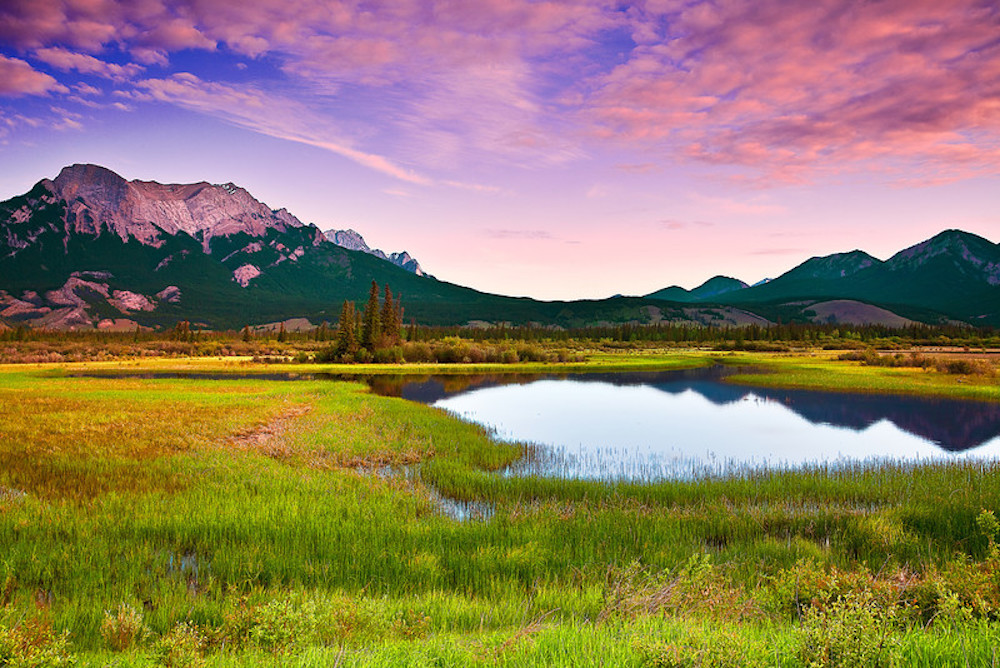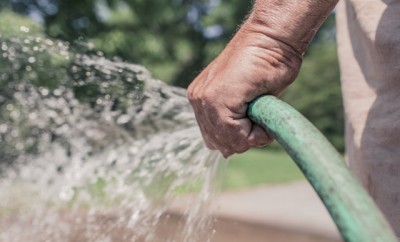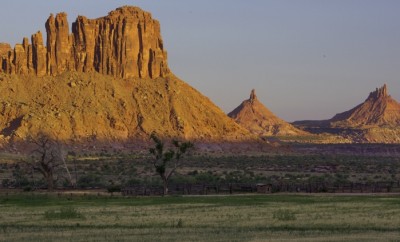Breaking News
What you need to know about privatizing public land

With Donald Trump’s impending inauguration, the public is still left with unanswered questions on the President-elect’s environmental policy. His known positions are frightening to say the least (like vowing to “cancel” the United State’s participation in the Paris Agreement), so many environmental-minded Americans are worried.
A hot topic in recent years has been the call to transfer the 640 million acres of U.S. government-owned land to state and local governments across the west. At first thought, the idea doesn’t seem so bad. Surely local governments know what’s best for nearby land, right?
It’s not that easy. The land in question is currently maintained by the Bureau of Land Management, a crucial governmental entity that keeps wild lands in their best condition possible. Whether the areas are designated as hiking trails, open ranching lands, hunting areas, or campgrounds, their primary function is availability to all.
What you Need to Know About Privatizing Public Land
The idea of privatizing public land (public lands transferred to their respective states) has seen a rise over the last few years, mostly stemming from public demonstrations by the Bundy family. In 2014, patriarch Cliven Bundy led a standoff near his ranch in Nevada with law enforcement after refusing to pay livestock grazing fees to the BLM for twenty years. In early 2016, his son Ammon led an occupation of the Malheur National Wildlife Refuge in Oregon to protest the conviction of two local ranchers for federal land arson. Both instances saw national media attention, helping push the issue onto the official Republican Party platform in 2016.
The BLM works tirelessly to combat encroachment and damage of these wild lands, some of which are sacred and hold precious artifacts (such as the Malheur National Wildlife Refuge). Without the government’s protection, much of our country’s public lands could succumb to disastrous fates.
Environmentalists worry that with the privatizing public land to state or local governments, they’d have the potential to be parceled off and sold to private businesses in times of debt. While the BLM already allows portions of the land to be used for natural gas fracking, oil drilling, mining, and logging, they hold steadfast the ideal that our nation’s public lands aren’t up for sale.
Along with the threat of mass depletion of natural resources (leading to an increase of greenhouse gasses), the transfer of public lands to state governments has ecological threats as well. Just ask Bill Ruple, a research professor at the University of Utah, who commented on the proposed H.R. 866 bill that would give states responsibility over allotting oil and gas permits. The bill would also give energy companies exemption from parts of the Endangered Species Act, which has been a crucial aspect in maintaining beloved American wildlife.
In an email to TakePart, Ruple wrote, “The real debate is over how our public lands should be managed, not who manages them. Bills like H.R. 866 are dangerous not because of state management, but because they eliminate substantive protections, and because they reduce transparency and opportunities for the American people to voice their opinions about how our public lands should be managed.”
Most Americans agree that transparency is important, especially when high-up decisions have grievous effects for the environment. For now, only time will tell how the Trump administration will weigh in on the debate over public lands.
What do you think about privatizing public land? Share your thoughts in the comments!





0 comments